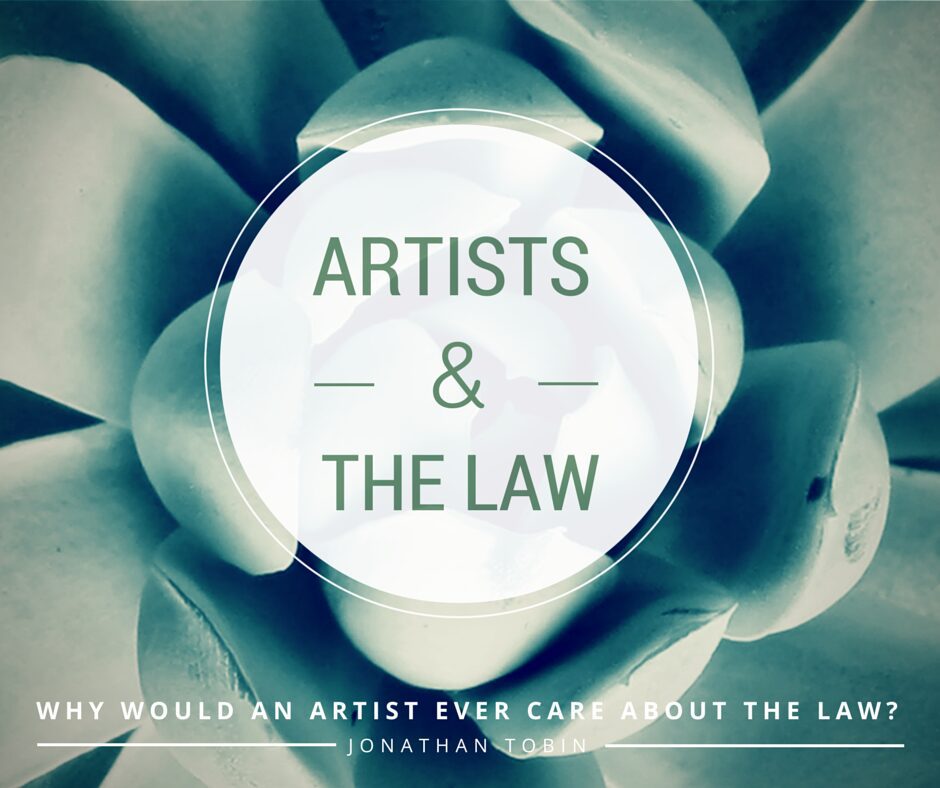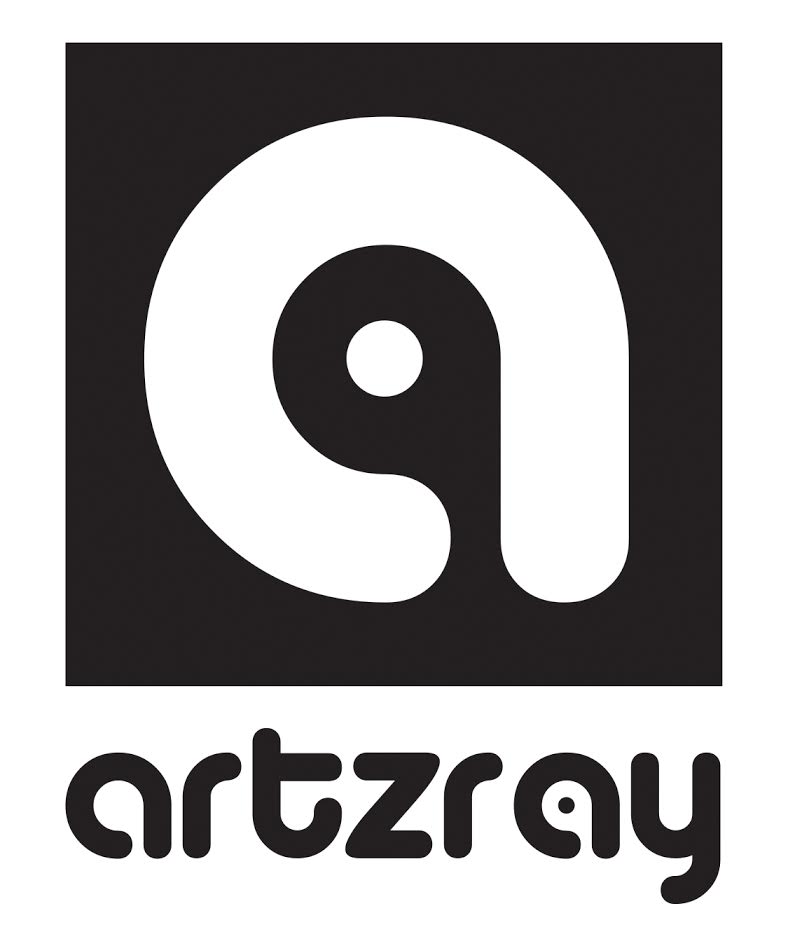Artists and The Law


Why Would An Artist Ever Care About the Law?

It’s hard to imagine two worlds more opposed than art and law. The courtroom and the studio feel worlds apart.
But I want to tell you something that you won’t often hear: art and law are deeply linked, and they always have been.
As soon as we create something new, the law comes into play. This means everything from copyright law, to trademark law, to contract law, and about a hundred other things in between will affect our art and how our art is treated by others.
Many artists choose to ignore this reality, perhaps seeing the law as an afterthought or an inconvenience. And frankly, this is why artists have a rich history of getting taken advantage of. I have seen that the artists who do understand the law are generally the ones that make more money, have fewer disputes, and retain better control of their work. On the other hand, I know talented artists who have a hard time because their legal house is not in order.
I can’t tell you everything that you need to know about law in an article like this, but I can help you get started.

Here are a 4 points to consider about Artists and The Law:
- Copyright law feeds artists. Copyright law gives artists initial control of their work, and understanding how copyright laws work means understanding the ways in which you can get paid for someone else getting the benefit of your creativity. For the artist, that can lead to better deals or an easier time enforcing your rights.
- Contracts mean business. Any successful artist knows that without good contracts, money becomes an issue very quickly. If you are working with someone, whether that is a partner, a gallery owner, or a record label, a contract will help to make sure that the artist gets what he or she has been promised.
- The more that you understand copyright, the more you will be able to understand contemporary art. Whether we call it “appropriation art” in the visual arts or “sampling” in the musical arts or books “based on” other stories, a good deal of contemporary expression uses parts of other works. Knowing how to do that without getting sued will give you a wider palette to draw from.
- Understanding free speech law helps you make your point. The United States Constitution places free speech as the First Amendment – even before the right to bear arms or the right to have a jury trial. I like to think that is because the authors of the constitution thought free speech is the most important. It’s important, but free speech has limits (take the classic example of yelling “fire!” in a crowded theater – probably not a great idea, legally speaking). If you understand the limits of free speech, you can get closer to the edge and more effectively make statements that are controversial or unconventional – while avoiding costly and distracting legal entanglements.
As I said, this is a starting point. Even if you don’t want to become a lawyer (although a surprising number of artists, writers, and musicians do have a legal background) you can still start to understand how the law functions so that you can establish and sustain a career in the arts. Being an artist can be a challenge, and while talent may be a necessary ingredient for success, it is by no means sufficient.
If you have more questions about the law, you can email me at [email protected]. You can also take a look at my blog on legal issues for creative people. Finally, you can check out The Creators’ Legal Guide, a short e-book I wrote for creative people.
